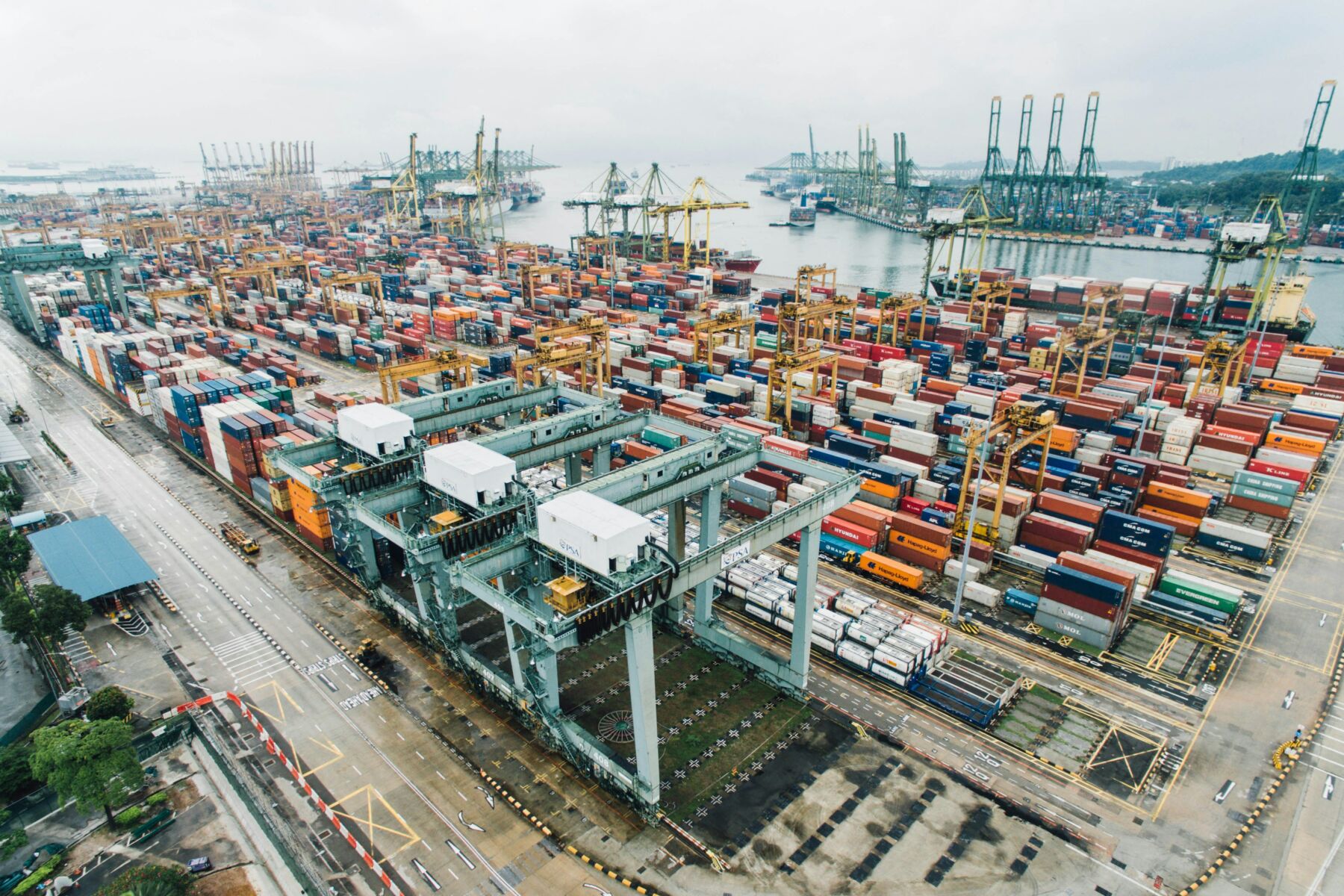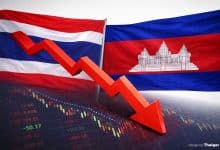New action plan to tackle global trade shifts and aid Thai industries

The International Institute for Trade and Development is set to unveil an action plan designed to address shifts in global trade regulations and industry supply chains. The institute aims to present this strategic plan to the Commerce Ministry, the Thai Chamber of Commerce, and the Federation of Thai Industries by November.
Suphakit Chareonkul, the executive director, highlighted that recent global challenges—ranging from rapid changes in trade and investment regulations, particularly concerning labour and environmental standards, to swift technological advancements and ongoing geopolitical conflicts—are influencing trade relations, including those involving Thailand. These developments have altered production patterns and made export policies more complex.
Thailand faces significant challenges, such as rising production costs, a labour shortage, outdated trade and investment rules, and inconsistent policies driving various industries. The institute, a regional knowledge management organisation, aims to enhance international trade potential and reduce development disparities in the region.
In pursuit of these objectives, the institute introduced the Leadership Program on Trade and Development Strategy. This programme equips leaders from the government and private sectors with the necessary skills and knowledge to drive growth in four key industries: tourism, agriculture and food, automotive, and logistics and energy.
Eighty-one executives, carefully selected from both public and private sectors, participated in the intensive three-month programme, which concluded on November 29. These participants, representing a diverse range of industries, were tasked with developing innovative policy recommendations to advance these sectors, said Suphakit.
“The goal of the programme is to foster collaboration between the government and private sector and generate novel policy proposals that can be implemented as practical action plans. These proposals will be presented to relevant policymakers to drive further development in the selected industries.”
Trade plan
Suphakit stressed the importance of these industries to Thailand’s economic growth. While tourism is a major GDP driver, the agriculture and food sector holds significant growth potential, especially in the area of future foods. The automotive industry, focusing on electric vehicles, and logistics are also promising sectors for Thailand.
The institute plans to offer a second edition of the course in 2025, focusing on issues related to government policies, trade, development, and soft power. In a related initiative, the organisation launched the Trade Intelligence Centre to support micro, small and medium-sized enterprises (MSMEs) in the food, energy, and technology sectors in adapting to global industrial trends, said Suphakit.
“Energy development should focus on green or renewable energy while the logistics sector should reduce carbon dioxide emissions and move towards alternative energy such as hydrogen, which MSMEs must be aware of and adapt to.”
Suphakit added that the government should assist MSMEs in accessing financial support to enhance their technology, innovation, and protection of intellectual property, reported Bangkok Post.
Latest Thailand News
Follow The Thaiger on Google News:


























